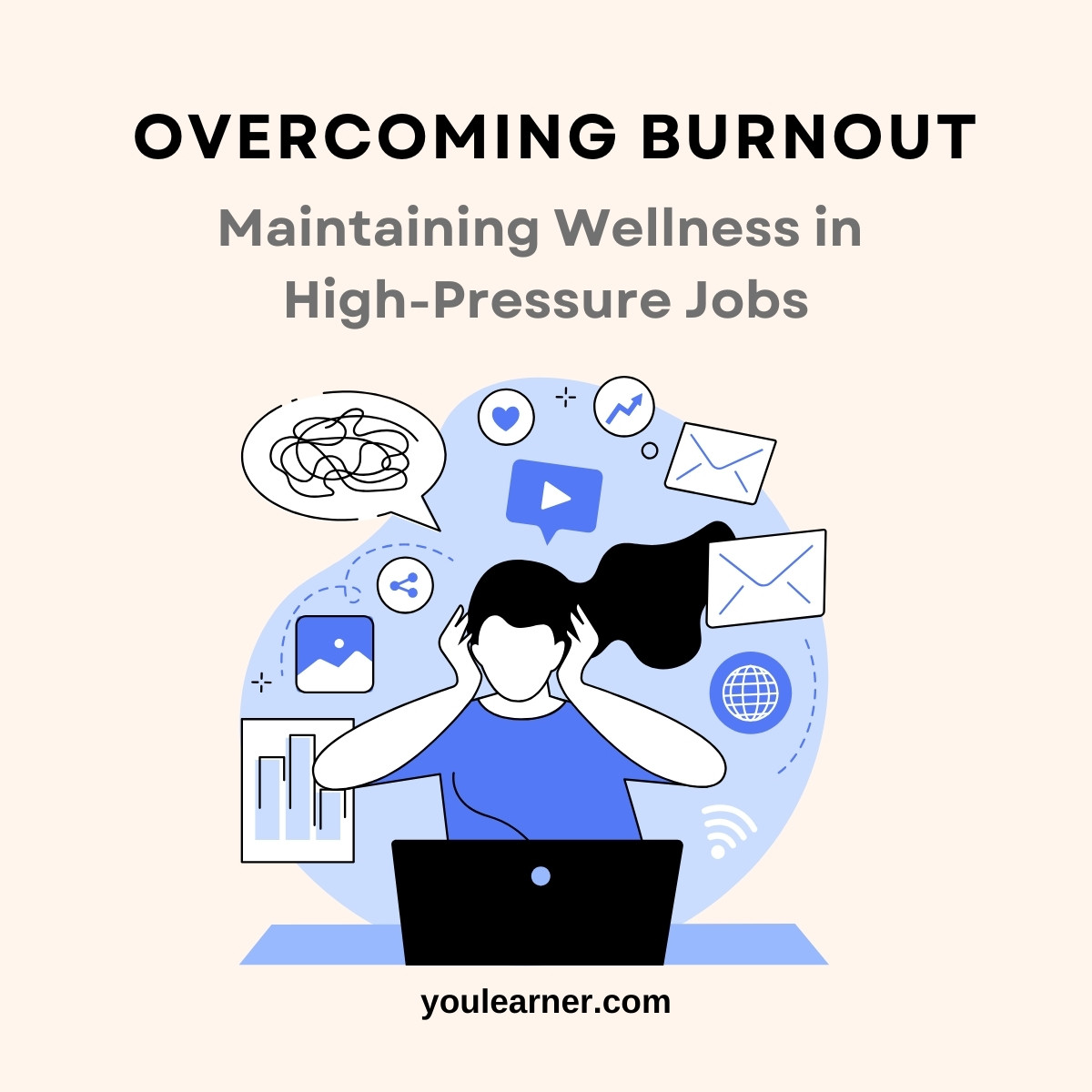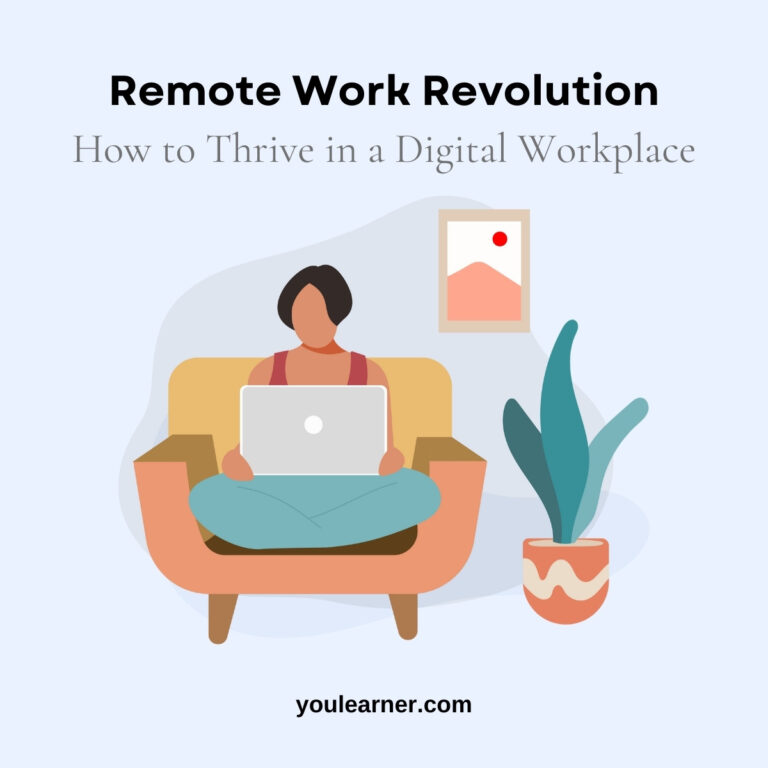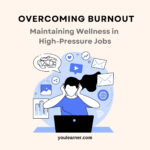Overcoming Burnout: Maintaining Wellness in High-Pressure Jobs
Burnout is becoming an increasingly common challenge in today’s fast-paced and demanding work environments. Whether you’re a corporate executive, healthcare professional, or software engineer, the pressure to perform can take a toll on your physical and mental well-being. Recognizing, preventing, and addressing burnout is essential not only for your productivity but also for your overall happiness and quality of life. Here are some practical steps to help you maintain wellness in high-pressure jobs.
Understanding Burnout
Burnout is more than just feeling tired after a long day. It’s a state of physical, emotional, and mental exhaustion caused by prolonged stress or overwork. Symptoms often include:
- Constant fatigue, even after resting.
- Loss of interest or motivation in work.
- Difficulty concentrating or making decisions.
- Irritability or detachment from colleagues and loved ones.
- Physical issues like headaches, stomach problems, or frequent illnesses.
Recognizing these signs early can help you take corrective action before burnout becomes overwhelming.
Actionable Advice for Identifying Burnout
- Self-Awareness Check-Ins: Regularly take a moment to reflect on how you’re feeling. Ask yourself questions like, “Am I enjoying my work?” or “Do I feel more drained than usual?”
- Track Energy Levels: Keep a simple journal to note your daily energy and mood. Patterns of fatigue or irritability can indicate the onset of burnout.
- Seek Feedback: Sometimes, those around us notice changes before we do. Check in with trusted colleagues or family members to see if they’ve observed any signs of burnout.
Preventing Burnout
Preventing burnout is about creating sustainable work habits and a balanced lifestyle. Here are some strategies to keep stress in check:
- Set Boundaries:
- Clearly define your work hours and stick to them. Avoid checking emails or taking calls after hours unless it’s an emergency.
- Learn to say no when your plate is already full.
- Prioritize Self-Care:
- Schedule time for physical activities like yoga, running, or even a short daily walk. Exercise helps reduce stress and improves mood.
- Eat a balanced diet and ensure you’re staying hydrated throughout the day.
- Make sleep a priority. Aim for 7-8 hours each night to allow your body and mind to recharge.
- Practice Mindfulness:
- Incorporate meditation or deep breathing exercises into your routine. Even five minutes of mindfulness a day can reduce stress.
- Take short breaks during work to step away from your screen and reset.
- Delegate and Collaborate:
- Don’t try to do everything yourself. Delegate tasks when possible and collaborate with your team to share the workload.
- Use tools and systems to streamline your work, such as project management software or automating repetitive tasks.
- Find Meaning in Your Work:
- Reflect on why you’re doing what you do. Connecting with the purpose behind your job can re-ignite motivation and reduce feelings of burnout.
Addressing Burnout
If you’re already experiencing burnout, it’s important to address it head-on rather than ignoring it. Here’s how:
- Communicate:
- Speak with your manager or HR department about your workload. They may be able to adjust expectations or provide additional support.
- Be open with trusted colleagues or friends about how you’re feeling. Sharing your struggles can make them feel more manageable.
- Take Time Off:
- Use your vacation days or consider taking a mental health day to recharge. A break can help you regain perspective and energy.
- Seek Professional Help:
- If burnout feels overwhelming, consider speaking with a therapist or counselor. They can help you develop coping strategies and provide emotional support.
- Adjust Expectations:
- Reassess your goals and workload. It’s okay to aim for progress rather than perfection. Break large tasks into smaller, manageable steps.
- Explore New Opportunities:
- If burnout persists, it might be a sign that your current job or career path isn’t the right fit. Consider exploring new roles or industries that align better with your values and interests.
Creating a Long-Term Wellness Plan
Maintaining wellness in a high-pressure job requires ongoing effort. Here’s how to create a sustainable plan:
- Regularly Reassess: Schedule monthly or quarterly check-ins with yourself to evaluate how you’re feeling about work and life.
- Build a Support Network: Cultivate relationships with colleagues, friends, and family who can offer encouragement and advice.
- Invest in Growth: Take time to learn new skills or hobbies that excite you. Personal growth can help combat feelings of stagnation.
Final Thoughts
Burnout doesn’t have to be an inevitable part of a demanding job. By staying mindful of your limits, prioritizing self-care, and addressing stress early, you can thrive in even the most high-pressure environments. Remember, your health and happiness are just as important as your professional achievements.





